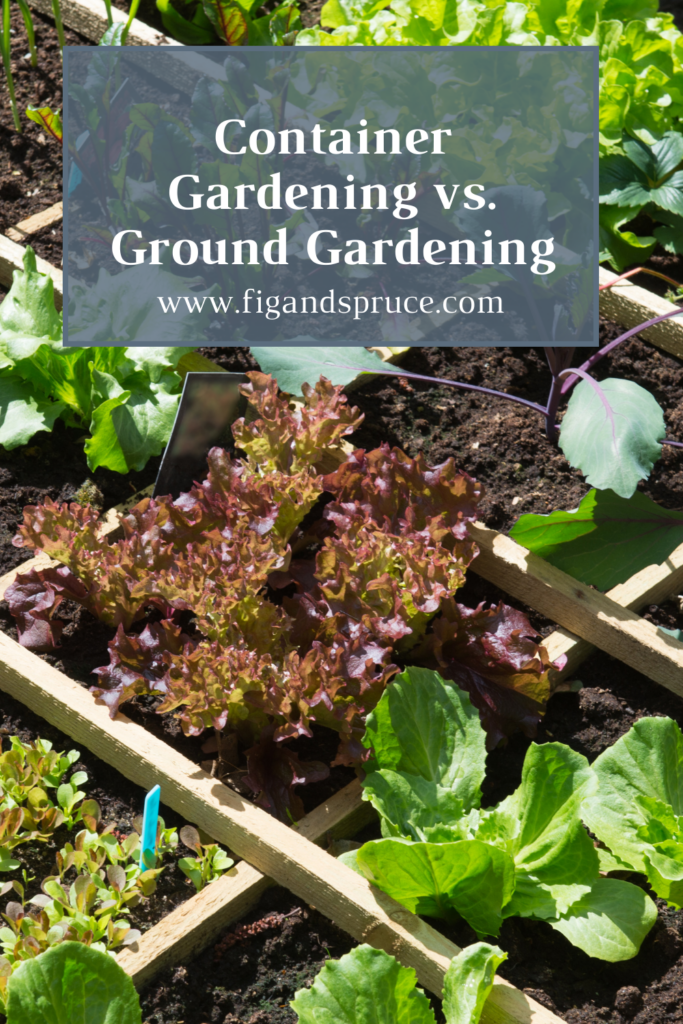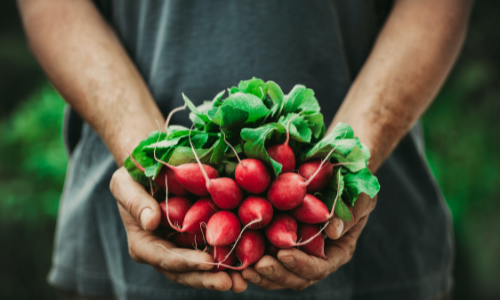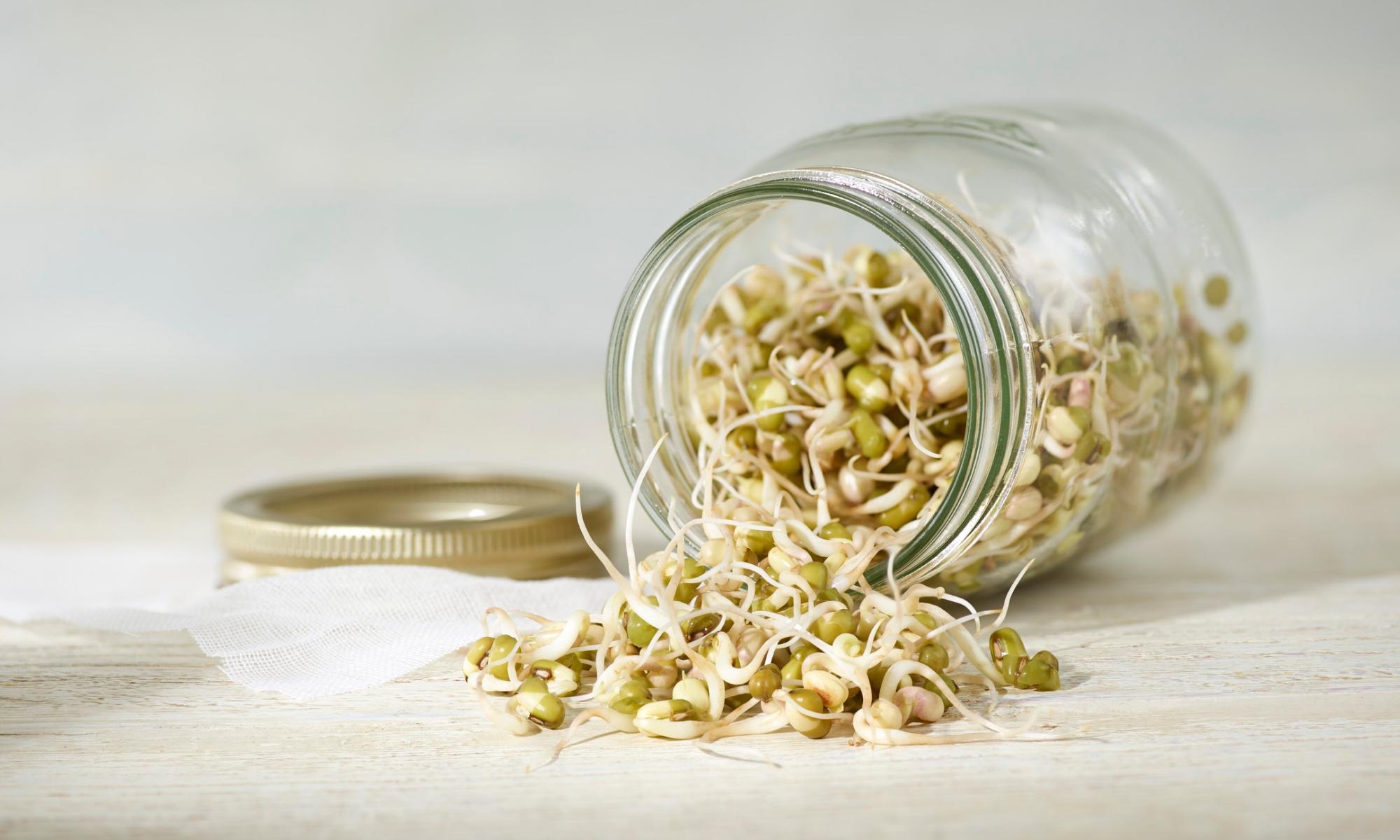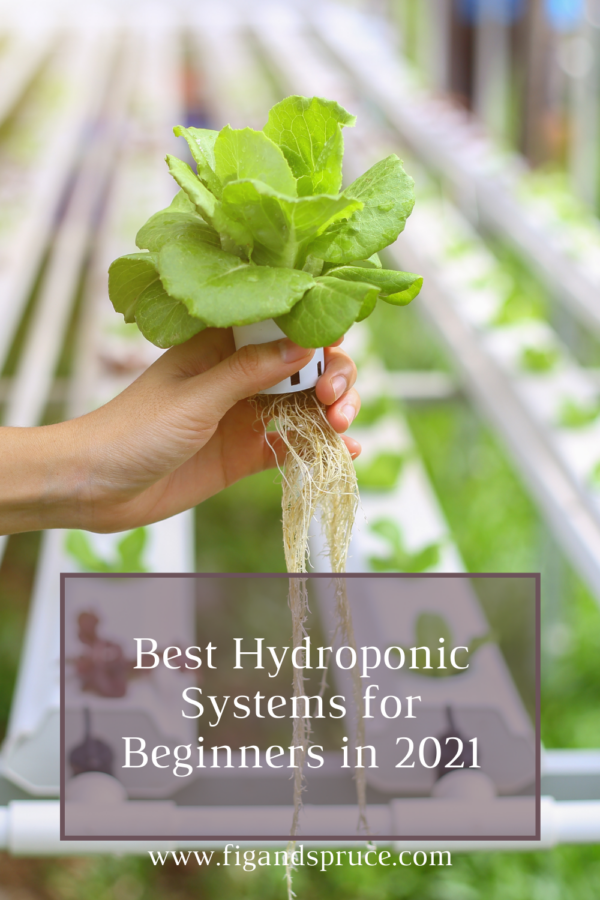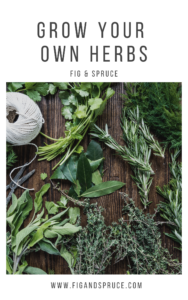Comparing container gardening vs ground garden can help you decide what method is best for you to start your own home garden with.
Each one has pro’s and con’s, and depending on the space that you have, what you need, etc. you may desire one method over the other.
Keep reading to learn the pro’s and con’s of each type before deciding which method is best for you.
Table of Contents
What is Container Gardening? What is Ground Gardening?
This may be intuitive based on the names of each, but before we jumped into the pro’s and con’s of each type we wanted to define each type to avoid any confusion.
Container gardening refers to a garden that is done either in pots or grow bags. By nature, this is an “above ground” garden.
Ground gardening is what most people think of when they think of gardening. A ground garden is one where plants are placed in ground rather than in planters like you would in a container garden.
Pros of Container Gardening
First, let’s talk about the pro’s of container gardening.
Garden in Smaller Spaces
One of the best reasons to use a container garden is that it allows you to garden in smaller space. You can chose exactly what type of pot you need for the plant you’re working with. This could be small enough to sit on a windowsill or large enough to support a small tree. Lemon trees, for example, can be grown indoors in a container if given the right conditions.
The flexibility that container gardens provide are great if you’re working with limited space but still want a garden.
Renter Friendly
Container gardens are completely renter friendly. You don’t need a large backyard or space to till soil and sow seeds if you’re creating a container garden. You won’t need your landlord’s approval to place a few potted plants on your balcony or by your window.
Container gardens can be optimal solutions for those renting their apartment or house.
Able to Move Plants as Needed
Of course, when you’re creating a container garden that gives you the added flexibility of being able to move plants around as needed.
You can rearrange them if you want to change your space, if the sun is too strong (or your plants need more light), or for any other reason. Container gardens are much more flexible in this way than a ground garden.
Protection from the elements
As storms come along, or the sun gets too intense, you can adjust container gardens as you need. You can move plants to the shade or even bring them inside.
This extends the grow season of your plants, in fact if you’re comfortable with keeping your plants indoors full time then you can grow many plants inside year round.
Additionally, it enhances the health of your plant. By protecting it from intense heat or cold, you’ll improve the health of your plants compared to a ground garden.
Cons of Container Gardening
Now, lets cover the cons of container gardening.
Plants have Limited Nutrients
Unlike a ground garden, a potted plant is limited to whatever nutrients you put in the pot. This means your plant is relying on the soil and fertilizer that you give it.
In a ground garden, plants pull nutrients and water from the earth. Potted plants in a container garden don’t have this option.
Choosing a potting soil that is both high in nutrients and able to provide the right drainage is key to a container garden’s success. We recommend using Happy Frog’s potting mix if you’re planning on doing a container garden. However, our full comparison on potting soil for container gardening is available here.

Root Rot
Getting proper drainage for your plants is key. In a ground garden, water runs into the earth and you dont really need to worry too much about your plant’s roots sitting in water.
In a container garden, that is not the case. You need to ensure your plants get proper drainage to their roots. Drainage refers to the ability for water to run off of your plant without the roots sitting in water.
You can do this through a number of methods, here’s an article that covers 5 different ways to create drainage for your plants.
One of the best ways is to ensure that you have a good potting soil. Happy frog’s potting mix has the right mix of ingredients to ensure adequate drainage for potted plants.
Risk of Overheating
When a plant in a pot is placed in the summer heat, you can run the risk of that heat causing damage to your plant’s roots. Depending on the material of your plant’s pot, they can actually overheat the plant inside (or at least the roots).
To help reduce this risk, you can move your plant out of direct sunlight. However, if your plant requires full sunlight, you can also choose to use a grow bag. Grow bags are more breathable and the material helps prevent the sun from overheating the plant inside, so its worth considering when you’re planning your container garden.
If you do choose to use a grow bag instead of a traditional pot, we love this option from Amazon. However, we’ve done a full comparison of different models in this article.

Pros of Ground Gardening
Now that we’ve covered the pro’s and con’s of container gardening, lets discuss ground gardening a little more.
First, lets talk about the pro’s of ground gardening.
Nutrients from the Soil
The biggest pro of ground gardening is that your plants can draw nutrients from the soil. This is a huge benefit, and for beginner gardeners its often very helpful to ensure that their plants thrive.
Container gardeners can try to balance the nutrients their plants receive through high quality potting soil and added fertilizers, however this can be tricky and difficult to balance, especially for beginners.
Space for Your Plants
A second benefit of ground gardening is that ground gardens allow ample space for your plant’s roots to expand. Potted plants risk the plant becoming root bound, which is when there is not enough space in the pot for your plant’s roots to grow and expand.
Ground gardens allow your plants roots to extend and draw moisture and nutrients from the earth.
Additionally, some plants require large amounts of space that cannot be accommodated in a pot. For example, watermelons require large amounts of space for the plant itself, and could not grow properly in a pot. The type of plant you want is something to consider when evaluating container gardening vs ground gardening.
Cons of Ground Gardening
Now, lets cover some of the con’s of ground gardening.
Lack of Flexibility
Unlike container gardening, ground gardens lack the ability to move plants around as needed. Once you place a ground garden somewhere, its very unlikely that you’ll want or be able to move it.
This is something to consider if you’re renting your home, as your landlord might not be crazy about the idea of creating a garden in your outdoor space.
Requires Larger Space
Ground gardens require ample space, much more so than a container garden does.
Without allotting ample space for your plants you risk overcrowding them which can be harmful to the plant’s health.
Exposed to all Weather
With a ground garden, once you plant your plants they can’t easily be moved. This means if a late-season frost rolls in your plants are subject to the damage. Or if a hailstorm comes through mid grow season some of the plants might be damaged from the weather.
It also means that your plants life is directly tied to the grow season. With container gardening, you can move plants indoors as needed and extend the life or sometimes even grow year round. You’re not subject to certain seasons like you are with a ground garden.
With ground gardening you should be prepared for your plants to live as long as the seasons allow, and with the knowledge that the occasional storm will happen and risk damage to the garden.
Container Gardening Vs Ground Gardening – Conclusion
So – container gardening vs ground gardening, which one is right for you?
That answer depends on the factors of your personal environment and preferences of course. In short, they are both viable options for gardening, each choice has its positive and negative aspects.
If you’re renting a space, or know that you will be moving soon, a container garden is likely the best choice for you.
However, if you’re in a space with a sizeable outdoor space and are able to create a ground garden, that could yield additional benefits for your plants.
Have you ever tried container gardening or ground gardening? Which did you prefer? Let us know your thoughts in the comments below!
